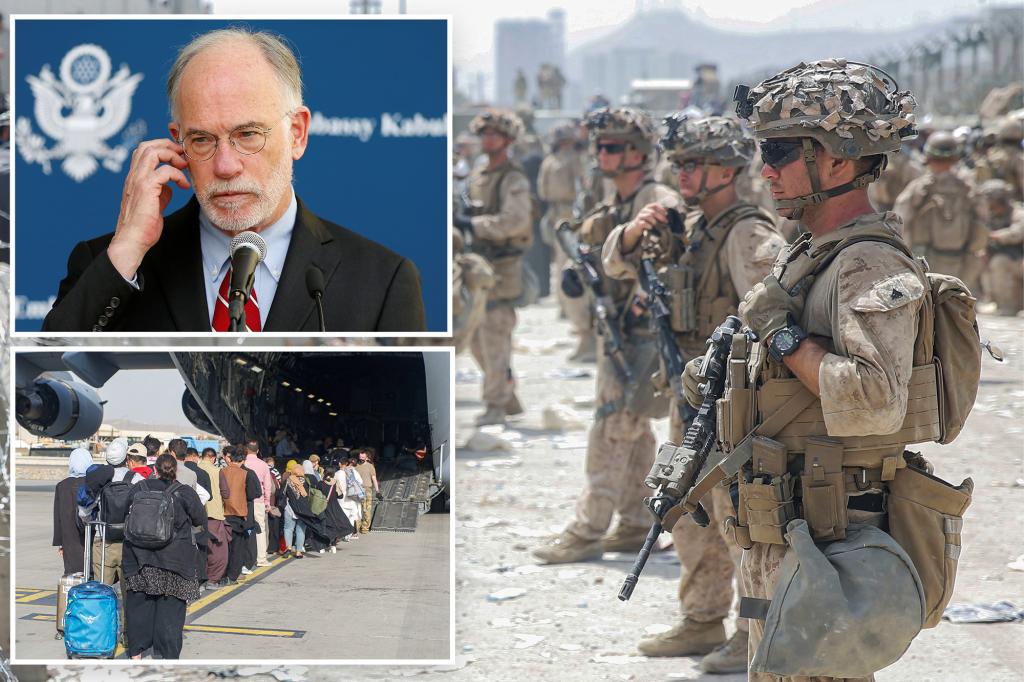The US State Department’s handling of the August 2021 evacuation of Americans and allies from Afghanistan came under scrutiny as a former foreign service officer, Sam Aronson, testified that the personnel sent to assist with the operation were not adequately equipped for the high-risk and high-threat scenarios they faced. Aronson claimed that volunteers were selected in an ad hoc manner and that individuals lacking the necessary experience and skills were sent to help with the evacuation. This lack of preparedness was evident during the Abbey Gate bombing on August 26, 2021, where 13 American service members and numerous Afghans lost their lives.
Aronson criticized the State Department for not dispatching diplomats to Afghanistan sooner, stating that his late arrival in Kabul on August 20, 2021, hindered the successful evacuation of individuals from the country. He believed that even one extra-competent official on the ground earlier could have made a difference in the outcome of the evacuation efforts. Aronson also highlighted the ineffective leadership at the Kabul embassy, where Chief of Mission Ross Wilson appeared overwhelmed and was not seen as a strong leader. He noted that Wilson played a secondary role to his predecessor, John Bass, who was sent in to lead the evacuation efforts.
Wilson, who was responsible for evacuating US diplomats and consular employees, admitted that the outlook in Afghanistan was not great, but the decision to evacuate relied on various factors, including the Afghan security forces’ ability to defend the country. Wilson acknowledged that there were US citizens, special immigrant visa recipients, and other Afghans on whom they had depended that they hoped to evacuate from the country. He expressed regret over a CBS News interview he gave before the final military plane left Afghanistan, where he was seen as blaming individuals for not leaving sooner. Wilson emphasized the shared responsibility for the evacuation and the difficult decisions made under the circumstances.
Despite facing criticism, Wilson defended his recommendation to evacuate all personnel on August 15 and stood by his decisions given the limitations and challenges they faced. He admitted a level of responsibility for the failures in the evacuation but stressed that hindsight is 20/20 and that their actions were based on the information available at the time. Wilson expressed regret over the lack of an embassy in Afghanistan, highlighting the challenges in maintaining communication and providing assistance to individuals who helped the US. He acknowledged the significant loss and impact of the US withdrawal from Afghanistan on the country and its interests in the region.
The testimony from Aronson and Wilson shed light on the challenges and shortcomings in the State Department’s response to the Afghanistan evacuation. The lack of preparedness, ineffective leadership, and delayed decision-making contributed to the difficulties faced during the operation. The hearings highlighted the complexities and uncertainties surrounding the evacuation and the difficult choices that had to be made under intense pressure. While Wilson accepted responsibility for the outcome of the evacuation, he emphasized the shared nature of the decision-making process and the need to consider the broader context and constraints faced during the operation.


